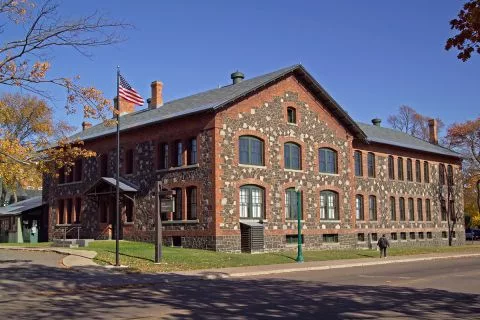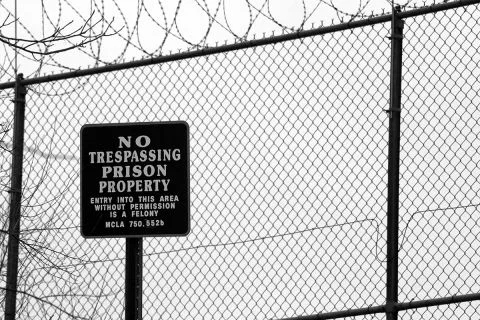Does Michigan have any other heritage areas?
Yes, one.
The MotorCities National Heritage Area, established in 1998, is headquartered in Detroit and includes more than 1,200 sites across 16 Michigan counties. Its mission is to celebrate the automobile industry’s role in Michigan.
“The idea is that you have a story that’s so significant, it rises to the level of national recognition,” said Brian Yopp, deputy director of the MotorCities National Heritage Area.
The heritage area’s website boasts that it “links the world’s largest collection of cultural and labor organizations, museums, archives, factories, auto collections and events to preserve the story of how tinkerers became titans and how auto and labor helped build the middle class while transforming manufacturing worldwide.”
Heritage-area sites include the Henry Ford Museum of American Innovation in Dearborn, the Sloan Museum in Flint, and the R.E. Olds Transportation Museum in Lansing.
Beyond symbolism, what are the benefits?
Perhaps the most obvious benefit is financial. In a release announcing her lobbying trip to D.C., Whitmer’s office said a heritage area designation would “unleash hundreds of thousands of dollars in federal investment.”
Heritage areas receive annual federal appropriations that typically range between $150,000 and $750,000 per site.
Beyond that, the parks service provides technical and planning advice for the local organizations that oversee national heritage areas. And the existence of a heritage area can help attract outside funding from foundations and private donors.
There are also economic benefits to the broader community, mostly stemming from tourism to heritage areas. A 2015 study found that Michigan’s MotorCities heritage area generates nearly $229 million in direct economic impact and supports 3,251 direct jobs.
What does it take to get a designation?
A new federal law.
National heritage areas are created through acts of Congress, often after a feasibility study by the National Parks Service. The process typically takes years.
When studying an area for heritage-area designation, the parks service considers whether it represents a special aspect of U.S. heritage and provides opportunities for recreation and education.
From that perspective, Fayen Scarlett said, the Keweenaw “certainly is deserving.”
Each heritage area also needs a local nonprofit or other entity to oversee it.

